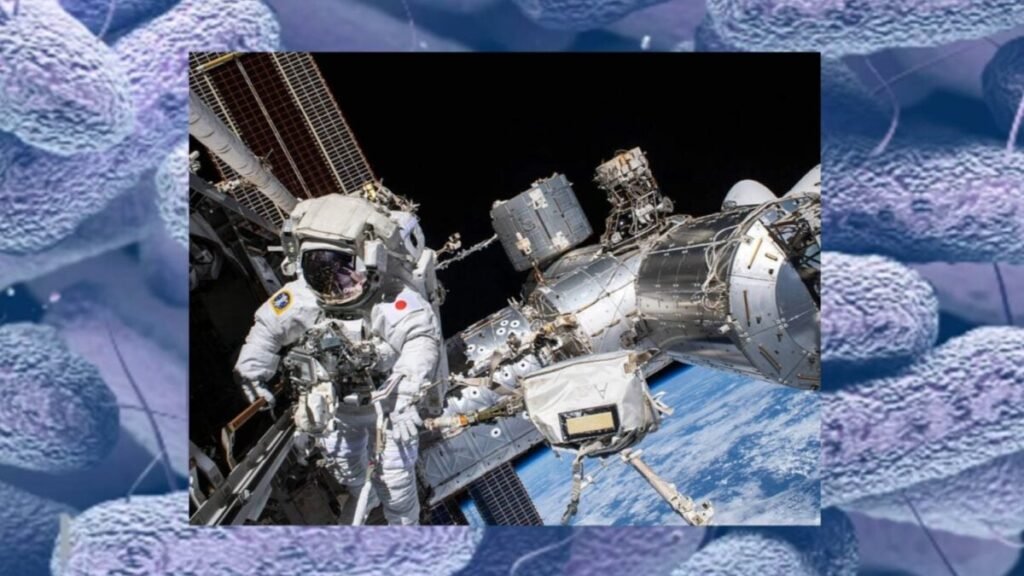Space Traffic Jams: The Surprising Issue Astronauts are Facing

Life in space not only involves facing radiation or muscle mass loss. An apparently minor symptom, nasal congestion, can compromise rest, concentration, and even the safety of a mission. U.S. researchers analyzed nearly two decades of astronauts’ medical data and discovered that nasosinus problems are much more common and limiting than previously thought. Space medicine faces a new challenge.
### A common symptom multiplied in microgravity
On Earth, congestion is usually due to allergies or colds and goes away in a few days. In contrast, in microgravity, fluids move towards the head, increasing pressure in the paranasal sinuses and hindering drainage. The result is a stuffy nose, facial pain, pressure in the forehead, and blocked ears.
The study, published in, reviewed 754 medical episodes of 71 astronauts between 2000 and 2019. Three out of four reported nasal congestion during their mission. The problem is not only uncomfortable: it affects sleep, mental clarity, and reaction speed, critical factors in a.

### Additional risks in spacewalks
The team led by Dr. Masayoshi Takashima also found that astronauts performing spacewalks experience more pressure changes when moving from the cabin to the suit. These abrupt adjustments favor barotraumas in the paranasal sinuses and ears, causing pain, temporary hearing loss, and balance problems. In orbit, treatable symptoms on Earth can become serious obstacles for.
### Implications for space tourism
The finding raises questions about the future of commercial travel. If astronauts with rigorous physical and medical training suffer from these problems, what will happen when people with pre-existing conditions venture into space? Takashima warns that prior nasal evaluations, specific treatments, and minor procedures may be necessary before authorizing civilians to fly.
Researchers also question the effectiveness of common drugs in microgravity, as changes in circulation and absorption can alter their effects. Medical protocols adapted to this unique environment are needed.
An American study revealed that 85% of astronauts on the ISS suffer from nasal congestion and sinus problems in microgravity. The accumulation of fluids in the head increases pressure in the paranasal sinuses, affecting sleep, cognition, and time…
Beyond discomfort, a challenge for space medicine
Nasal congestion adds to a growing list of health problems in microgravity: bone loss, visual disturbances, and radiation exposure. The study shows that symptoms considered trivial can weaken the success of a mission.
Takashima summarizes the warning: “If you don’t sleep well because you can’t breathe, your cognitive performance and reaction capacity are affected.” In such an extreme environment as space, even breathing without difficulty can make the difference between the success and failure of a mission.
Source:






